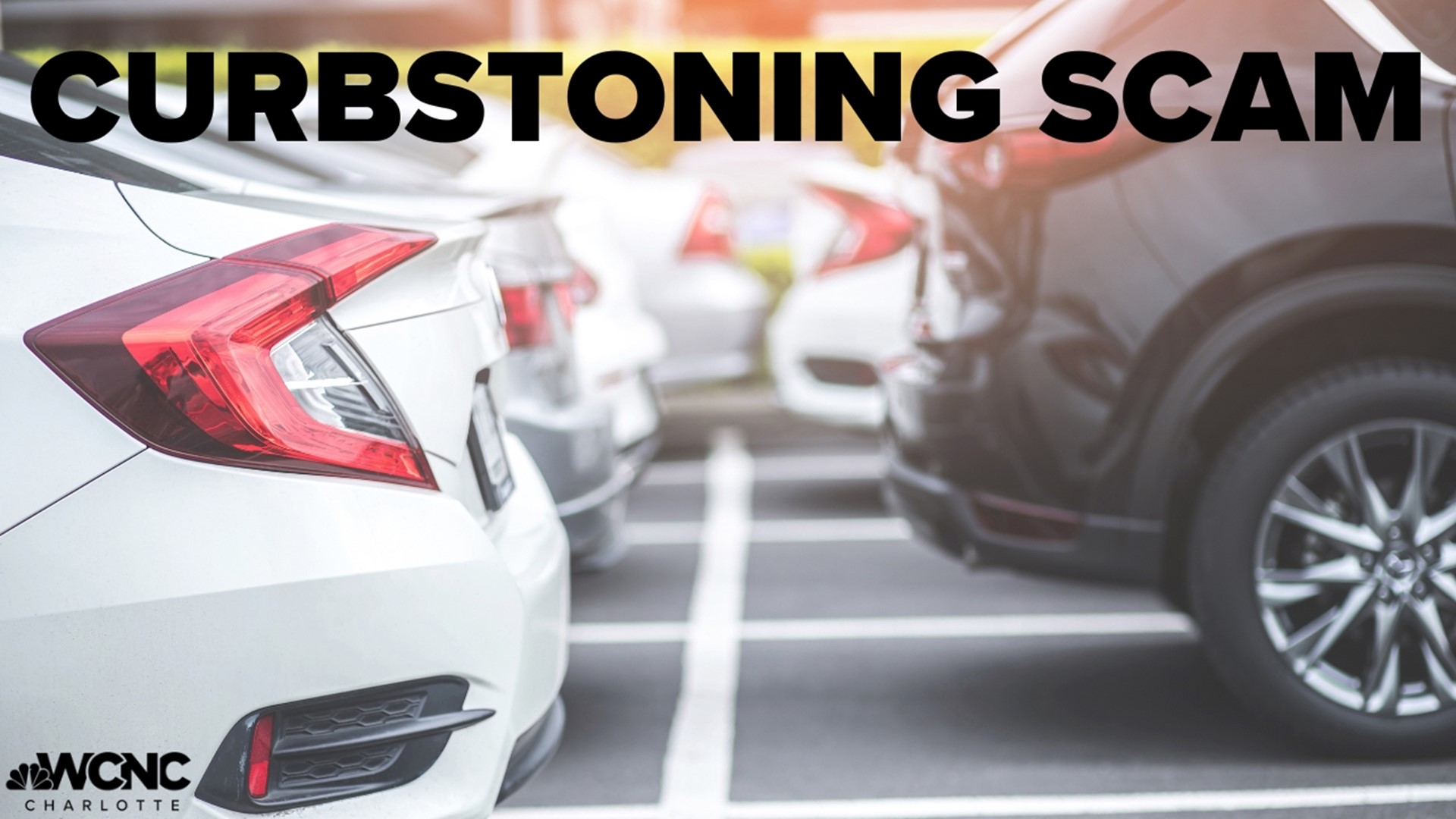CHARLOTTE, N.C. — Summer is the most popular season for buying a car and it remains a competitive market for used vehicles. Now there's a new scam targeting people looking for a new deal.
It's called curbstoning, and by the time you become a victim, it's too late. Curbstoning is a lot like flipping a house, according to SellMax co-founder Sean Pour. Curbstoning is when a buyer makes a purchase through classified ads, like Craigslist, then turns around and resells it.
Pour said the trouble stems from when the buyer doesn't title the vehicle in their name. They then cover up problems long enough to sell the vehicle to someone else, he explained. Basically, he summarized: They'll find a problem, mask it and sell the car quickly without disclosing tp the new buyer.
WCNC Charlotte is always asking "where's the money?" If you need help, reach out to WCNC Charlotte by emailing money@wcnc.com.
And they do it without a dealer's license, Pour alleged. The term curbstoning originates from these sales, which often take place in empty parking lots or on the curb in front of someone's home, according to Capital One. Usually, the scammers become impossible to contact after selling a problematic vehicle.
"Once they find out something's wrong with it, they go to find out who they bought it from and a lot of times, the phone is disconnected," Pour said. "There's no way to get back in touch."
Pour said SellMax receives hundreds of calls a month with issues involving title issues.
Tips to spot a curbstoner
1. Make sure the vehicle's title is in the seller's name.
2. Be wary of the location where you meet the seller. While many people don't want to meet at their homes for safety concerns, Pour said it's a red flag when you combine that with a title issue.
3. Run a Carfax or Autocheck to look at the car's prior ownership and accident history. If it's been in a flood or has a salvage title, you'll know before forking over thousands of dollars.
Contact Jane Monreal at jmonreal@wcnc.com and follow her on Facebook, Twitter and Instagram.
WCNC Charlotte's Where's The Money series is all about leveling the playing in the Carolinas by helping others and breaking down barriers. WCNC Charlotte doesn't want our viewers to be taken advantage of, so we’re here to help. Watch previous stories where we ask the question “Where’s the Money” in the YouTube playlist below and subscribe to get updated when new videos are uploaded.

